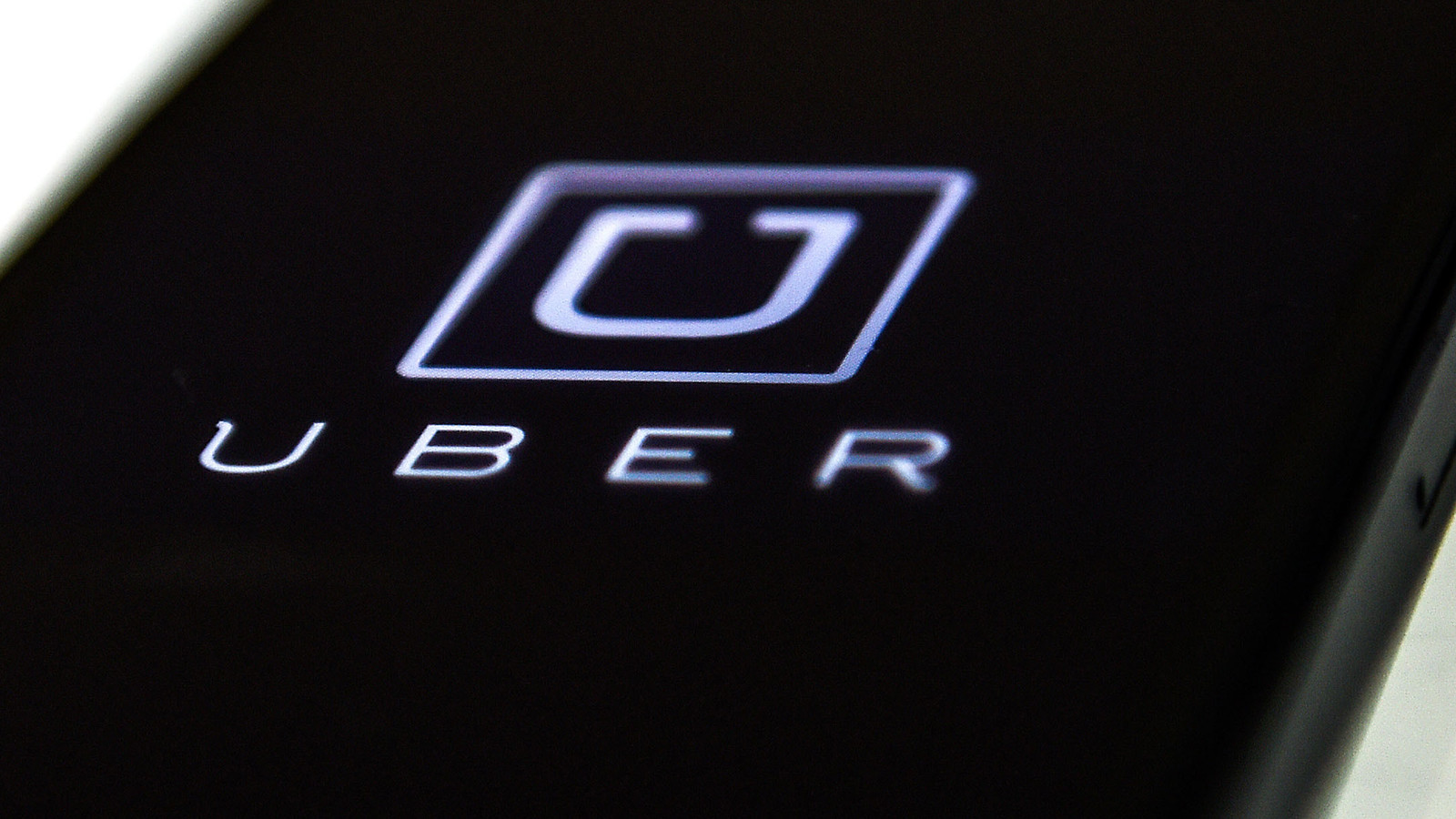 With Uber having leading the development of the gig economy in recent years, a decision on its worker classification could have widespread ramifications for the wider sharing economy.
With Uber having leading the development of the gig economy in recent years, a decision on its worker classification could have widespread ramifications for the wider sharing economy.
The Fair Work Ombudsman has confirmed it has commenced an investigation into ride-sharing company Uber, in what experts warn could be actions that eventually set new precedents for Australian businesses.
In a statement to SmartCompany this morning, the ombudsman confirmed it was will be delving into the hiring practices of the ride sharing service in Australia, ensuring it complies with federal workplace regulations.
“I can confirm that the Fair Work Ombudsman has commenced an investigation into Uber, with the purpose of determining whether the engagement of Uber drivers is compliant with Commonwealth workplace laws,” a spokesperson said.
“As this is a live investigation it would not be appropriate for us to comment any further.”
A group of Uber drivers known as RideShare Drivers United (RSDU) have been pursuing the fair work investigation, and says its representatives met with investigators earlier this month in a bid to have Australian Uber drivers classified as casual employees rather than contractors.
The group believes the lack of control provided to Uber drivers means they cannot be classified as independent contractors. They claim that to be classified as contractors, drivers must be able to grow their business, negotiate prices, issue invoices, and scrutinise Uber’s booking system and earning metrics.
“Uber currently does it all ‘on behalf of drivers’ while drivers have absolutely no say over any of these important business decisions/functions, in what appears to be a classic ‘sham contracting’ arrangement,” the RSDU said in a statement.
In a statement to SmartCompany, an Uber spokesperson said 60,000 “driver partners” choose to use the Uber app “because they like setting their own schedule and being their own boss”.
“We will be happy to assist the Fair Work Ombudsman with any questions they may have”, the spokesperson said.
In a list of demands on behalf of Uber drivers in Victoria, the RSDU outlined it was gunning for loosening of the company’s deactivation policy, for Uber to pay its own GST, and for an increase in base rates, claiming most drivers in Victoria “are making a loss driving at current base rates”.
Driver classification ruling “very significant”
Employment law partner at Holding Redlich Rachel Drew tells SmartCompany the confirmation the Fair Work Ombudsman (FWO) is looking into Uber is “very significant”, as there have so far been no decisions made in relation to Uber drivers in Australia.
Drew highlights an ongoing case in the UK where it was found Uber drivers in the country should be paid a “national living wage” and should be classified as employees instead of contractors. Uber in the UK is currently in the process of appealing the case.
“In the UK, while Uber had set itself up in documentation to be a tech company providing support through its app, the reality was the nature of the relationship with drivers was one of employment,” she said.
Drew believes the UK case could inform the perspective of the FWO on Australia’s situation.
With Uber having leading the development of the gig economy in recent years, a decision on its worker classification could have widespread ramifications for the wider sharing economy.
Drew says it’s a “wait and see” situation, but says if a decision is made to classify drivers as employees, a similar decision could be made for other businesses.
“In my opinion, if Uber’s drivers are classified as employees, it is likely the same decision would be made around Deliveroo and the other types of bicycle based gig economy businesses,” she says.
“It would be unusual if a driver for Uber providing a substantial tool for trade in the form of a car was considered an employee, but a Deliveroo driver with a bicycle was not.”
In terms of the RSDU’s claims around the level of control provided to Uber drivers, Drew acknowledges that to be a “relevant factor” in deciding if a worker is an employee or independent contractor, but notes there are a range of other factors.
“It’s mainly around whether or not the contractor is developing a business or goodwill in a business, or if they’re just providing a service,” she says… [read the full article]
Quick links
- Why are Uber drivers in Melbourne not happy
- What are drivers demanding
- Join RSDU and stay informed, it’s free
- Join our Facebook group
- How to contact RSDU
- Join the RSDU forums
- Join our Melbourne Whatsapp group and stay updated in real time





